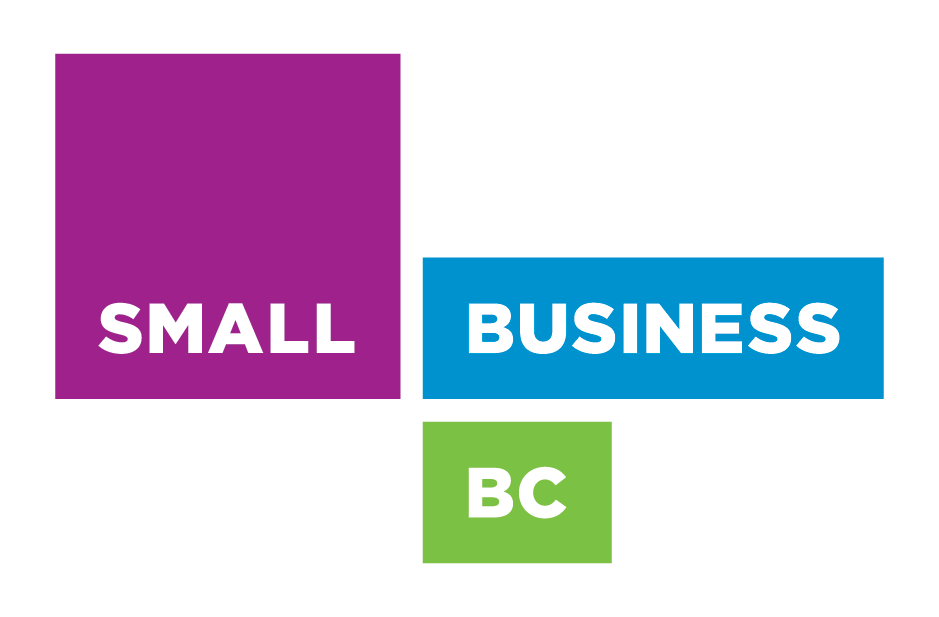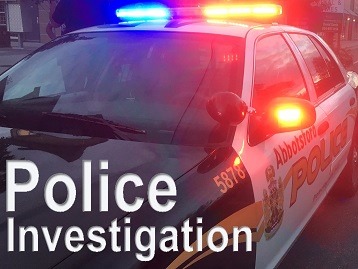Our society’s tolerance for drinking and driving continues to narrow. When I started policing in the 1980s it was a major investigation to convict someone for impaired driving. An investigator had to develop skills and experience in the detection of alcohol impaired drivers to form grounds to make a breath demand and convince the court that it was an appropriate decision.
One Crown Counsel suggested to me that he would rather prosecute a murder as that was less complicated than an impaired driving trial.
Today enforcement is much different. An officer acting in the course of their duties who has an approved screening device (ASD) with them can compel any driver to be tested. No suspicion or admission of consumption is necessary any longer.
Mandatory alcohol screening
320.27 (2) If a peace officer has in his or her possession an approved screening device, the peace officer may, in the course of the lawful exercise of powers under an Act of Parliament or an Act of a provincial legislature or arising at common law, by demand, require the person who is operating a motor vehicle to immediately provide the samples of breath that, in the peace officer’s opinion, are necessary to enable a proper analysis to be made by means of that device and to accompany the peace officer for that purpose.
An ASD is a small instrument containing a fuel cell. The driver being tested blows into a mouthpiece while the ASD senses. When it is satisfied that it will obtain a sample of deep lung air the ASD sends a measured sample of breath to the fuel cell which creates an electric current. The current is proportional to the alcohol on the driver’s breath and a reading is given to the officer.
The model that police currently use gives one of three types of reading, the number in milligrams percent up to 59, the word warn for 60 to 109 and the word fail for 110 and above. It is as accurate to within +/- 5 mg% and the entire test from instruction of the driver to final analysis usually takes less than a minute.
A charge under section 320 of the Criminal Code for impaired driving is still available as a sanction.
The 24 hour prohibition in the Motor Vehicle Act has been incorporated into the Immediate Roadside Prohibition (IRP) scheme. Monetary penalties in the IRP depend on both the driver’s blood alcohol concentration (BAC) and history of previous IRP sanctions.
If you are a driver in the Graduated Licensing Program, a numeric reading of between 5 and 59 mg% will mean a 12 hour prohibition, but no vehicle impound.
The Motor Vehicle Act leaves a police officer making a roadside breath test with no discretion. Depending on whether the test results in a warn or a fail, they must take possession of the driver’s license and issue the appropriate prohibition document. The requirement to prohibit also applies if the driver refuses without lawful excuse to provide a proper breath sample.
Costs associated with towing and storage are the responsibility of the driver or vehicle owner.
Thinking about refusing to provide a breath sample? Unless you are absolutely certain of your legal grounds, this is not a good plan. The penalties for refusal are the same as for driving with a BAC over 80 mg%.
The simplest way to avoid any issues is to remember that if you have to drive, don’t drink. If you drink, don’t drive.
Story URL: https://www.drivesmartbc.ca/impaired-driving/mandatory-alcohol-screening
—
Constable Tim Schewe (Retired)
DriveSmartBC: Where better than average road users satisfy their curiosity.













